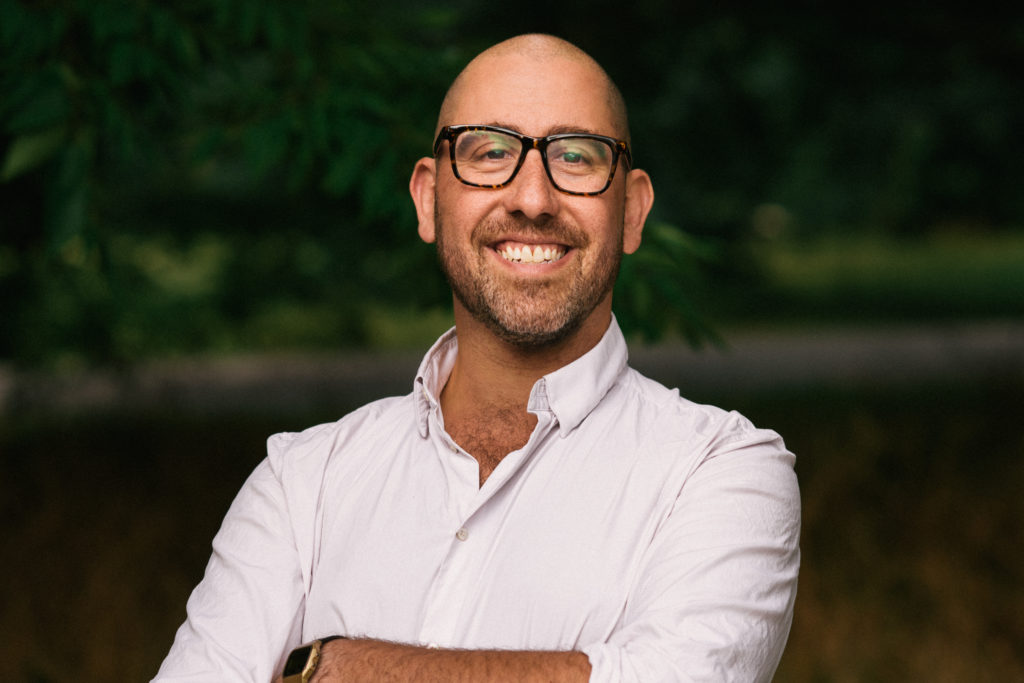
Stephen Robert Morse is s a two-time Emmy-nominated filmmaker and the Managing Director of London-based Lone Wolf Studios, bringing lean production methodologies to the film industry. He loves combining creativity and business and has now worked on a dozen successful film projects. The first major film he conceived and produced was “Amanda Knox”, a Netflix Original that earned him a Primetime Emmy nomination. He holds a BA from the University of Pennsylvania and an MBA from the University of Oxford. He was nominated for a Best Writing : Documentary Emmy for “In the Cold Dark Night” about the racist murder of Timothy Coggins in 1983.
What’s the most important lesson you’ve learned as a writer?
The first draft is just a first draft: and you’ll likely need many more eyeballs on it and many more drafts before it’s perfect. Sure, a few individuals may write excellent first drafts, but everything needs improvement. Writing, like most activities, is a team sport. And behind every great writer, there’s a great editor ready, willing, and able to critique them.
What has been the biggest surprise of your writing life?
The biggest surprise for me has been how much I formerly loved newspapers, magazines, and printed books — yet how infrequently I use them now. I truly love audiobooks and articles these days, especially when they’re read by the author. The second biggest surprise is that people write documentaries: you can so easily change the structure and balance and intent of a story simply by adding or cutting characters, adding a snippet here or cutting a snippet there — this was not the type of symphony I intended to create yet I love the process… and it’s always a process.
if you had to use a metaphor to describe yourself as a writer, what would it be?
As my mom always said to me, “You’re a jack of all trades.” In documentary, what you can “write” depends on what people say in interviews and what archive you have access to. This could be limiting for many people, but I attempt to treat documentary writing like I’m writing an essay: with a thesis statement established early and evidence to support my thesis — while also sharing counterpoints and arguments that I may not personally agree with.
4. What’s the best piece of writing advice anyone ever gave you?
Perhaps I’m a traditionalist, but I’ve long subscribed to George Orwell’s six writing rules:
- Never use a metaphor, simile, or other figure of speech which you are used to seeing in print.
- Never use a long word where a short one will do.
- If it is possible to cut a word out, always cut it out.
- Never use the passive where you can use the active.
- Never use a foreign phrase, a scientific word, or a jargon word if you can think of an everyday English equivalent.
- Break any of these rules sooner than say anything outright barbarous.